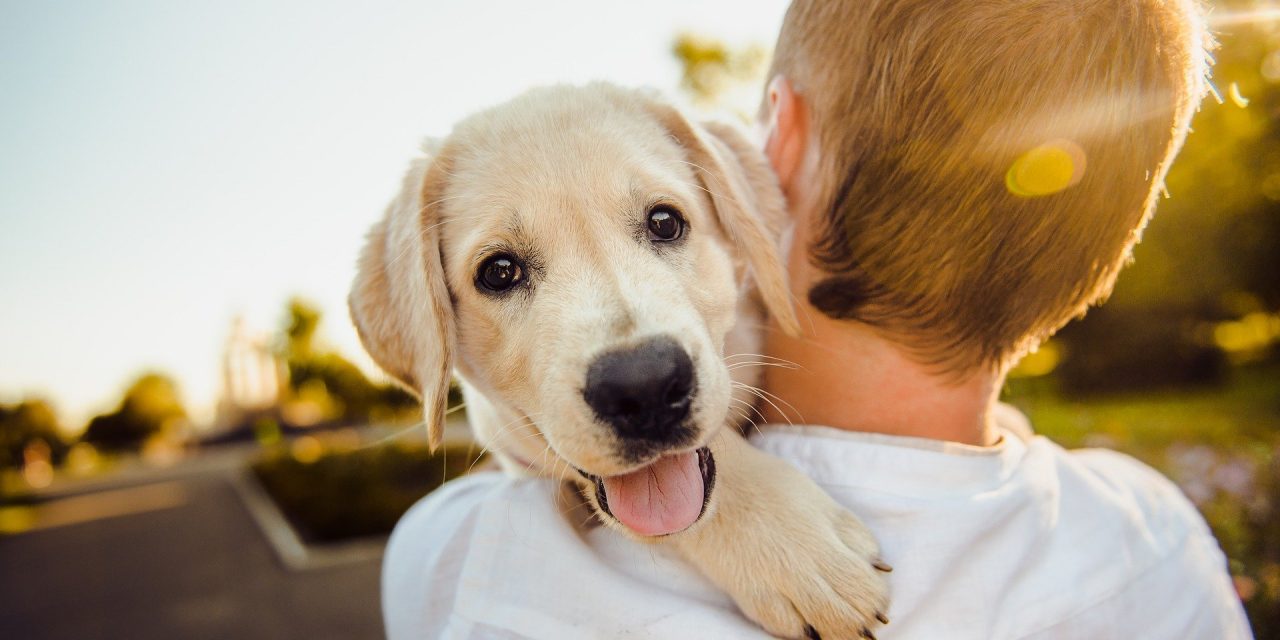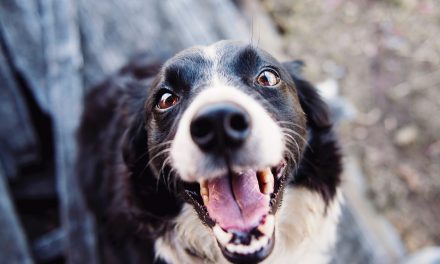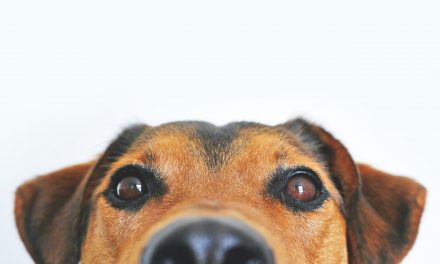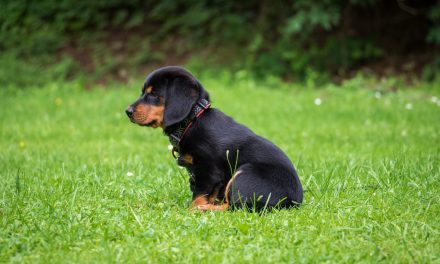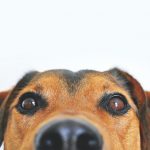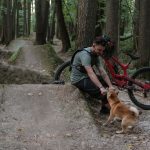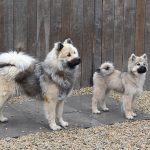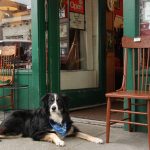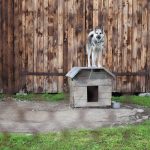- Home
- /
- Blog posts
- /
- Does Leaving the TV...
Leaving the tv on for your dog is no substitute for companionship. Dogs are social animals they love to show and receive affection, and a tv cannot provide these things. Your dog will get bored very quickly, and they will start to find ways of entertaining themselves.
Bored dogs usually become destructive, chewing is the most likely thing that a bored dog will do when bored, and nothing is out of bounds to a bored dog. Cables, handbags, your favourite shoes! A bored dog really doesn’t care about your precious items. The only thing they care about is filling time until you get home, which will most likely result in scolding because they chewed your stuff.
If you think chewing is the only behaviour you will encounter with a bored dog you are wrong.
- Excessive barking/whining
- Digging
- Peeing and pooping in the house
- Going through the trash
- Aggression
- Separation anxiety
- Zoomies
What to expect from our article
How can you stop a dog from becoming bored?
It is not that difficult to stop your dog from becoming bored as long as you make the time for them. The things that you can do to prevent boredom are;
Exercise
Dogs need daily exercise; being let out the garden is not a substitute for going for a walk. During a walk, a dog gets physical and mental stimulation. They will encounter many things while out on a walk that they won’t encounter fenced up in a garden.
Mental stimulation is just as crucial as physical stimulation, especially with breeds of dogs who were bred for a specific purpose. Just because your dog has become domesticated, it doesn’t mean that the instinct just goes away, it’s as much a part of them as the colour of their eyes or coat. You must research the breed traits before you commit to buying a dog.
Popular breed traits
Can you commit to providing your dog with what it needs to satisfy its natural instinct?
Here are some examples of popular breeds and the traits they have.
Husky
Huskies were used primarily for sled pulling, guarding and companionship. They are a high energy dog who needs lots of exercise. A bored husky can quickly jump a 6-foot fence to escape or even dig under it; they are incredibly skilful diggers.
They can be temperamental at times and don’t particularly like being pulled about by children who don’t know when to give them space.
They are also a very dominant breed and need an experienced owner who can dedicate the time necessary to fulfil their needs and also to train them. They are outgoing and mischievous, making them too stubborn at times, which is why they do best with an experienced handler.
Huskies should be kept on a leash at all times as they are prone to bolt when something catches their eye; this is due to them having a high prey drive, they are also a very vocal dog.
French bulldog
French bulldogs were originally kept by the upper class and royalty and were used as companion dogs, and ratters believe it or not. They are a great all-around family dog. They adore companionship and compete for affection, even against other family members, which is why some people say that they are better suited to a single person household rather than a family.
Frenchies don’t require much exercise. They are an intelligent dog and are relatively easy to train; they also have an excellent recall. Health is something to look out for with this breed. They are a flat-faced breed which can cause them to have breathing difficulties, they also snore.
Frenchies do not do well in hot weather because they have a flat face; they struggle to breathe on hot days. You should avoid excessive exercise with this breed but more so during the summer months as they can quickly overheat.
German shepherd dogs (GSD)
German shepherds also called alsatians were originally used for herding but have become guard dogs, police dogs, and even guide dogs over the years. They are a high energy dog so they need plenty of exercise. If trained and well socialised they can make a great addition to any family, they are very loyal and affectionate.
GSDs have a great guarding instinct; but they need to be well socialised and go through intensive obedience training, they are a very intelligent breed which makes them easy to train. If they are not socialised and subjected to obedience training early on, they can become aggressive, and as they get bigger, they can be tough to control.
GSDs are year-round shedders which means they shed their coat all of the time, which means everything will be covered in fur, trust me when I say it there isn’t a place you won’t find fur.
Jack Russel
Jack Russells are a working breed, originally bred for hunting. They are a happy, energetic breed with a strong working instinct, so it is essential that you give them a job to do or you may find that they will instate themselves as the resident rodent catcher digging holes in the garden.
They can be a temperamental breed and don’t always take to other dogs or children, so they are better suited to non-parent households and households with no other pets due to their instinct to hunt. They can be very vocal at times, and if they are not well socialised and trained, they can become aggressive.
Border Collie
Border collies also belong to the working dog family and are most famous for herding sheep; they are natural herders and were originally bred for that purpose. Collies are a superbly intelligent dog which makes them incredibly easy to train.
They are a high energy dog, so they need lots of exercise. This type of dog is best suited to countryside living due to their herding/working nature. They are great companion dogs and live to please.
This dog needs to be given a job to do, or they will become destructive. They can be shy around strangers, so they need to be well socialised at a young age to prevent them from becoming withdrawn and aggressive.
Labrador
Labradors also fit into the working dog category originally bred for retrieving. These days they are mostly used as service dogs, for the disabled, the police and customs.
Due to their retrieving instinct, they make fantastic helper and sniffer dogs. Being a working breed, they need to be given a job to do; a bored labrador can become destructive, chewing and digging, and they are also prone to excessive barking.
Labradors are also an intelligent breed which makes them easy to train; they are well natured and loving dogs. They are better suited to family life as they love to be around people as they are also eager to please. This dog needs to have plenty of toys as they are known chewers.
Poodle
Poodles were originally bred as working dogs, used for hunting, specifically for retrieving in water. Due to their intelligence and their eagerness to please, they made a shift from retrieving to performing and were soon popular in travelling circuses and troupes.
Poodles are very intelligent and thrive in a family environment. Their intelligence makes them easy to train, but being a social dog, they do not like to be left alone, if they are they can be prone to nuisance barking.
They can be protective over their family, so need early socialisation and training to stop any unwanted aggression. Despite the fact they have a regal demeanour poodles are still classed as a working breed, so they need to be given a job to do, or they quickly become bored.
Shar-pei
Shar-peis were originally bred for multiple uses, hunting, herding and guarding. Shar-peis were also used as fighting dogs which is why they can be overly aggressive to other dogs. Early socialisation and training are essential with this breed due to the natural instinct to fight.
If socialised and trained early on, they can make great family pets; they are calm, loyal and devoted dogs with an aloof nature. They can be strong-willed and independent so are best suited to an experienced dog owner.
Shar-peis are a low energy dog, so they don’t require much exercise. They are eager to please and easy to train, but due to their aggressive nature towards other dogs, they should be kept on a leash at all times.
They are not officially classed as a flat-faced breed, but they do suffer from breathing problems if put under strain like running or jogging due to the smaller muzzle. Like Frenchies, they are prone to overheat so you should avoid walking them in hot weather. Care needs to be taken with the folds in their face; they should be cleaned regularly to prevent unwanted fungal infections.
Choosing the right dog
As a dog owner myself, I know I am attracted to a particular type of dog, but you shouldn’t choose a dog based on how it looks. You need to make sure that the dog you choose is suited to you and your household.
You also need to make sure you can devote the time necessary for training and socialisation and the needs of the dog. Working dog breeds need more stimulation than regular dogs, and they need to be given a job to do.

